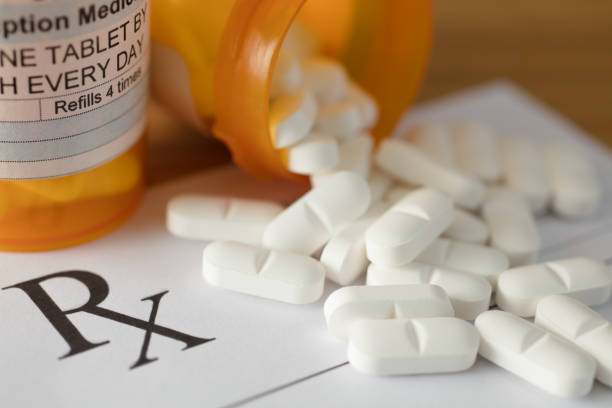Medications Must Have Accurate Labels

For a drug to be considered safe, it must have an accurate label telling the user exactly how to use it. This is true not just for prescription drugs but even for simple, over-the-counter medications. Even if all you’re buying is a generic headache medicine, it has to have an accurate label.
When drug labels fail to convey accurate information and warnings, people get hurt.
A Defect in Warning
When most people think about defective drugs, they think of drugs that were designed poorly or that were manufactured poorly. These issues do exist and can create dangerous defects, but a defect on the label — often called a defect in warning — can be equally dangerous. Even if everything else was done perfectly and the medication should be safe, people can suffer serious harm.
One of the most common examples is the instruction regarding the dose. If a person is only safely allowed to take two pills per day, but the label says they can take two pills per hour, that’s a serious safety hazard and could be deadly. If a child is supposed to take half of a dose but the label says they can have a full dose, a parent following those instructions could inadvertently harm their own child.
This is why it’s so important for companies to have accurate labels that provide adequate warnings and that are entirely free of typos, mistakes and oversights. It may not seem like a huge issue to get one word wrong, but that one incorrect word could cause someone serious injury or even prove fatal.
What Are Your Options?
Have you been harmed by a defective drug or has a family member? You may have a right to seek compensation from the company that makes and sells that medication. Be sure you know what options exist. An experienced attorney can advocate for you against drug manufacturers that make mistakes.



